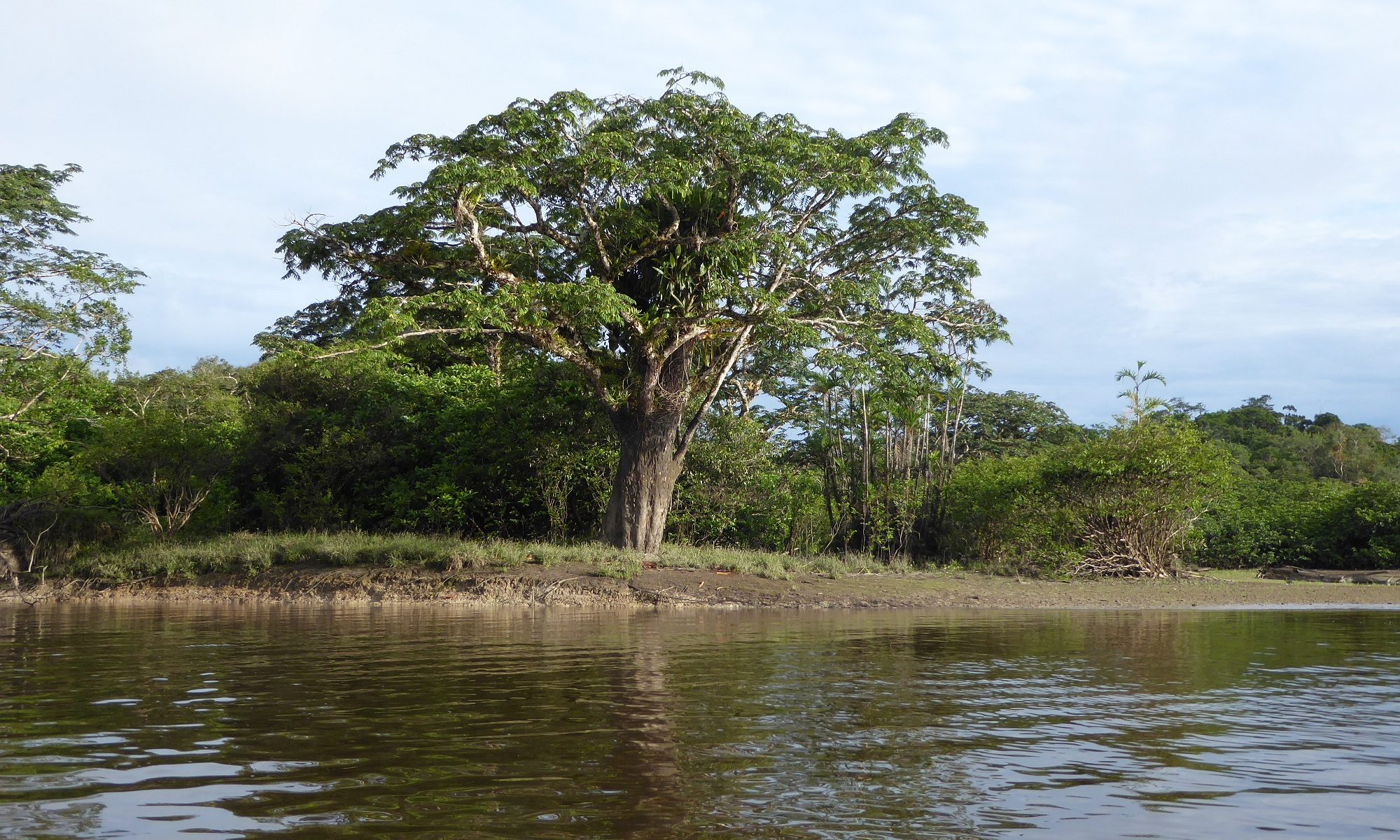Editors: Paola Minoia, University of Helsinki/Università di Torino & José Castro-Sotomayor, California State University Channel Islands
Expressions of interest in contributing a paper to this special issue for the journal Globalizations are invited in the form of a working title and 600-word abstract of your proposed paper by 10 September 2020, to be submitted by e-mail to paola.minoia@helsinki.fi and jcs@csuci.edu.
Abstracts should include paper title, authorship, author affiliation(s) and contact information (including the email addresses of all authors) and keywords (maximum six). Full papers will be invited following a review of submitted abstracts. Authors will be notified of the outcome no later than 30 September 2020.
The deadline for the submission of full papers will be 30 January 2021. All submissions will be subject to the journal’s normal high standards of peer review. All accepted papers will be published online without delay, with print publication of the special issue to follow.
A lack of involvement of indigenous and other alternative forms of knowledges persists in most national education plans, confining the notion of quality of education within the western ideology of modernization. The comprehensive development project manifested in the Sustainable Development Goals (SDGs) proposes through the SDG4 an overall engagement on “quality education for all.” The SGD4 endeavors to support social justice by promoting equal access to education for the most deprived groups; however, it does not acknowledge ontological and epistemic diversity around the world and the need to support alternative ways to learn and produce knowledge. Neither does SDG4 contain any reference to the UN Declaration on the Rights of Indigenous Peoples (UNDRIP) adopted in 2007, although the role of education to achieve social and environmental justice is not new. At the institutional and international level, the debate around education has become central in the post-2015 development agenda (McCowan, 2016), drawing attention to education institutions such as intercultural universities. Therefore, the implementation of the UNDRIP in consonant with SGD4 goals particularly regarding education needs more scrutiny.
The urgency for diversifying the voices and experiences in education —from pedagogical design to strategic implementation— is vital particularly within the territorial turn, in which education engenders and sustains projects with the potential to resist structural socio-environmental injustices and move toward more regenerative futures. In line with these aims, this Special Issue seeks to advance a radical project on intercultural education that reflects the principles of relationality among lands, beings, and knowledges (Mignolo and Walsh 2018) linked to distinctive territorial realities embedded in social, political and ecological contexts.
Questions contributors could address in their submissions include but are not limited to:
- How does pluriversal education foster socioenvironmental justice?
- How to shift paradigms of education, development, and globalization towards a broader, more inclusive pluriverse?
- How does an education otherwise look like?
- What are the effects of educational policies and institutions on hampering or promoting indigenous cosmologies, languages, and ways of knowledge production?
- Does a decolonial/postcolonial intercultural education contribute to the idea of global citizenship education? How?
- How do discourses of multiculturality and interculturality coalesce in education processes and institutions at primary, secondary, and higher education levels?
- What is the role of intercultural bilingual education in the recognition and revitalization of ecological and cultural knowledge of indigenous people and nations in formal education?
- To what extent the formation of individual indigenous professionals contributes to preparing students in intercultural universities?
- Is it possible to promote sustainable development from a pluriverse perspective?
- How are interculturality, autonomy, and self-determination articulated at the intersection of human rights and development? What kind of pluriversal education emerges from this intersection?
- What are the effects of “internationalizing education” on the design, development, and implementation of intercultural curriculums?
- How do epistemological pluralism, indigeneity, and territory interact to advance pluriversal education?
- How does pluriversal education contribute to territorializing strategies?
- How does pluriversal education is articulated with notions of plurinationalism? What are the possible consequences of this articulation?
- Does “folklore” play a role on promoting pluriversal education? If so, how to avoid reducing pluriversal education to frames of cultural heritage and preservation?
- How does the convergence of media technologies, industry, and markets, among other factors, alter the creation, production, distribution, and consumption of Indigenous knowledges?
- To what extent state-based international organizations can re-center indigenous peoples’ knowledge and experiences, political rights and capacities to decolonize education?
- How can indigenous decolonial pedagogical experiences inform changes of education policy in non-Indigenous contexts?
